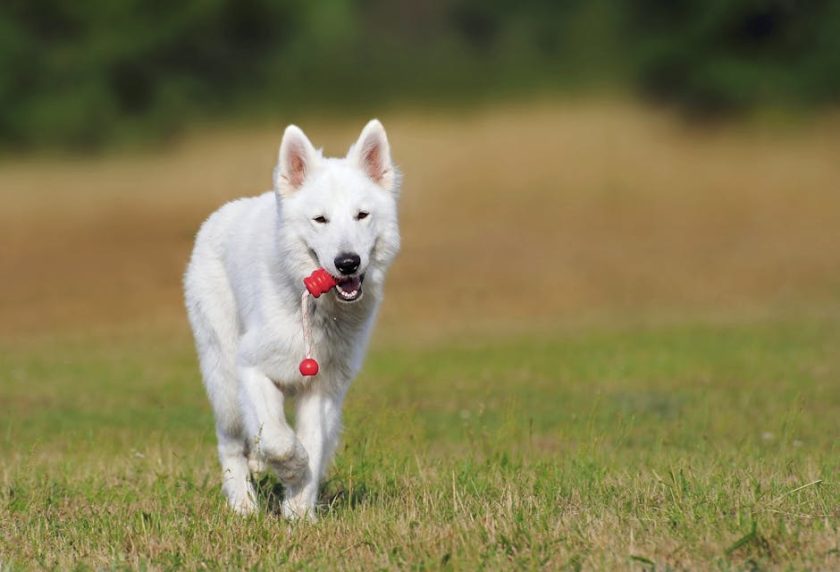Dog training is a rewarding endeavor that not only enhances your bond with your furry companion but also promotes their overall well-being. Whether you're a seasoned dog owner or a first-time pet parent, understanding the principles and techniques of dog training will empower you to raise a happy, obedient, and well-adjusted canine.
**Building a Foundation of Trust and Respect**
The cornerstone of successful dog training lies in establishing a solid foundation of trust and respect. This means treating your dog with kindness, patience, and consistency. Avoid using harsh punishments or negative reinforcement, as these methods can damage your bond and hinder progress. Instead, focus on rewarding desired behaviors and providing positive reinforcement.
**Understanding Your Dog's Communication**
Dogs communicate in a variety of ways, both verbally and nonverbally. Learning to interpret your dog's body language, facial expressions, and vocalizations will help you understand their needs and emotions. This knowledge enables you to respond appropriately and effectively.
**Setting Clear Expectations**
Dogs thrive on routine and predictability. Establish clear rules and boundaries for your dog, such as designated potty areas, feeding times, and acceptable behaviors. Consistency is crucial to helping your dog learn what is expected of them and avoid confusion.
**Positive Reinforcement and Reward-Based Training**
Positive reinforcement is the most effective method of dog training. When your dog exhibits a desired behavior, reward them with treats, praise, or petting. This teaches them that their actions have a positive outcome, reinforcing the desired behavior.
**Clicker Training**
Clicker training is a powerful technique that uses a clicker to mark the exact moment your dog performs a desired behavior. This precise timing allows you to reward your dog instantly, strengthening the association between the action and the reward.
**Socialization and Enrichment**
Socialization is crucial for well-rounded dogs. Expose your dog to different people, animals, and environments, while ensuring positive experiences to prevent fear or aggression. Additionally, provide your dog with plenty of mental and physical enrichment through interactive toys, puzzles, and daily exercise.
**Patience and Consistency**
Dog training requires patience and consistency. Avoid getting discouraged if your dog doesn't master a command immediately. Break down training sessions into smaller steps, and practice with your dog frequently. Remember, consistency is key to reinforcing desired behaviors.
**Seek Professional Help if Needed**
If you encounter challenges or difficulties in training your dog, don't hesitate to seek professional help from a certified dog trainer or veterinary behaviorist. They can provide tailored guidance and support to address specific behavioral issues or complex training needs.

